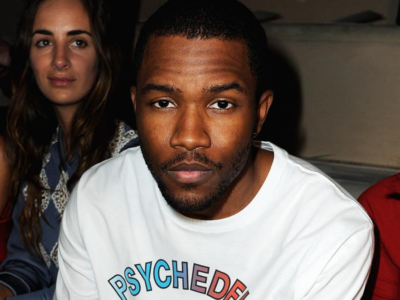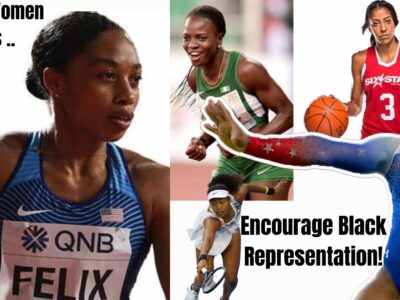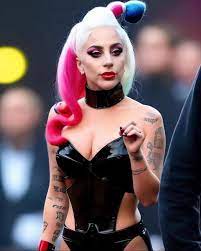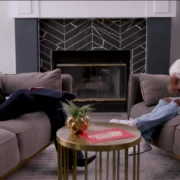Generation Black TV - Live
--- Main Blog Content Below ---
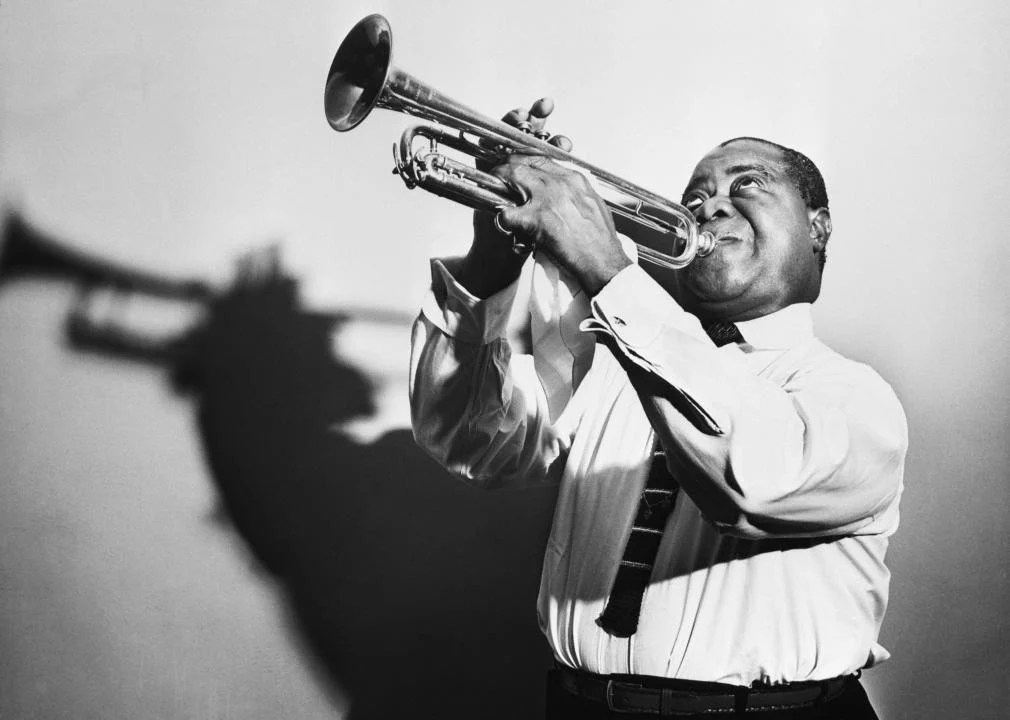
It’s February and so many people in the United States, Canada and around the world are celebrating Black History Month. Also known as African-American History Month, the precursor of this event was created in 1926 to recognize the contributions of African American to the United States.
The music industry is particularly one of the sector where Black Americans have excelled and used to call for equal rights between White and Black people.
For that sake there is no American music that doesn’t have Black roots. African American musicians have shaped American music throughout history and some of them have changed musical genre by themselves.
Musicians such as Louis Armstrong, B.B King, Ray Charles, Miles Davis, Nina Simone, Diana Ross, Stevie Wonder, Marvin Gaye, Michael Jackson and Tupac Shakur just to name a few have created songs that have had a tremendous influence on the American music industry and politics.
Beyond music, Black American musicians throughout history have used their arts to challenge the status quo against all odds by pushing for equity between White and Black people. Ray Charles for instance refused to perform for an all-white audience in Georgia.
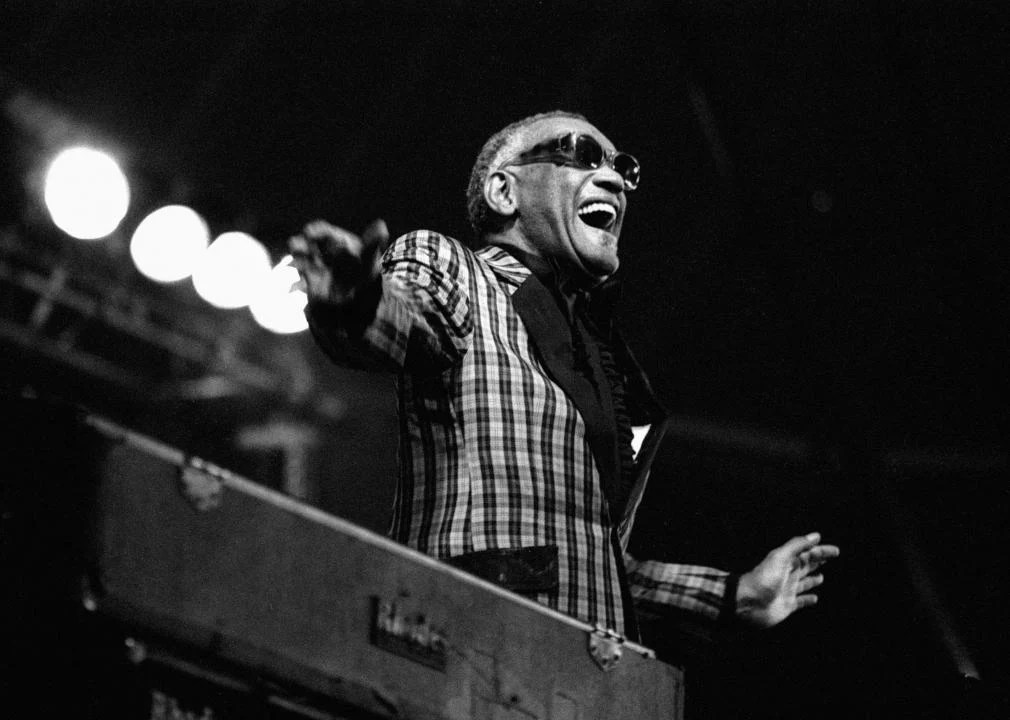
Ray Charles (1930 – 2004) was blind but was at the same time playing piano, singing and leading the band all by himself. With his piano Ray could play blues, rock, jazz and country western music. His music career spanned more than half a century and he went to win 17 Grammy’s.
In his song “Georgia on my mind” Ray was calling for change in the state of Georgia where he grew up. Ray was denouncing racist policies he was still subject to at the time.
Ray Charles is an example of African American artists who have gone beyond musicianship to call for equal rights between White and Black people in the United States. The song went on to being named the official state song of the State of Georgia.
The music industry in the United States have also produced black female artists whose contributions in equal rights movement is hard to ignore.
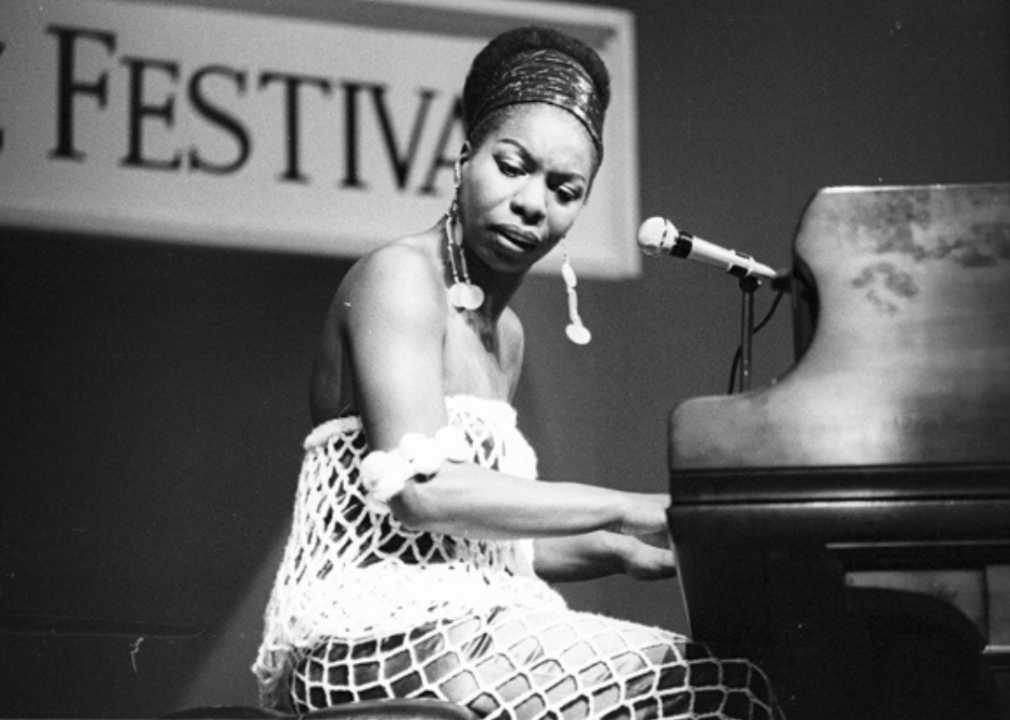
The female legend worth an accolade in using her music in a revolutionary way is Nina Simone (1933 – 2003). As a child Simone was trained to become the first black woman concert pianist. Unfortunately she was rejected to join the Curtis Institute of Music just because she was black.
The injustice she suffered changed the course of her career and she became an activist for the cause of black people in the United States. While other Black artists were in pursuit of commercial success, Nina Simone was more focused on racial injustices black people were facing at the time.
Nina Simone released songs such as “I Wish I Knew How It Would Feel To Be Free” (1967), “Everything Must Change” and “Mississippi God Damn”. All her songs were a reflection of the kind of racial injustices that were prevailing in the United States.
Nina Simone was a Black outspoken musicians who was unafraid of backslash to her honesty. Her outspoken nature laid the ground for future hip-pop artists, civil rights activists, and Black musicians.
Defying the racist status quo of the time was brave but some artists did it anyway. Nat King Cole is known to have defied racist notions to become the first black man to perform romantic music for white people.

Cole challenged the racist status quo to become the first black man to host a nationally syndicated TV show, “The Nat King Cole Show”, which premiered in 1956 but was later canceled in 1957 due to lack of sponsorship.
Nat King Cole (1919 – 1965) was a pianist born in Birmingham, Alabama but later moved to Chicago as a child together with his parents in 1921. This was part of a large South-North migration for African Americans who were seeking more opportunity in the North of the United States.
Michael Jackson (1958 – 2009) is also known to have followed in the footsteps of Nat King Cole to push the boundaries of what roles Black people could occupy in American society.

Also known as the King Of Pop, Jackson became a worldwide phenomenon during his career and broke the color barrier to become the first Black artist on MTV with his “Billie Jean” video.


